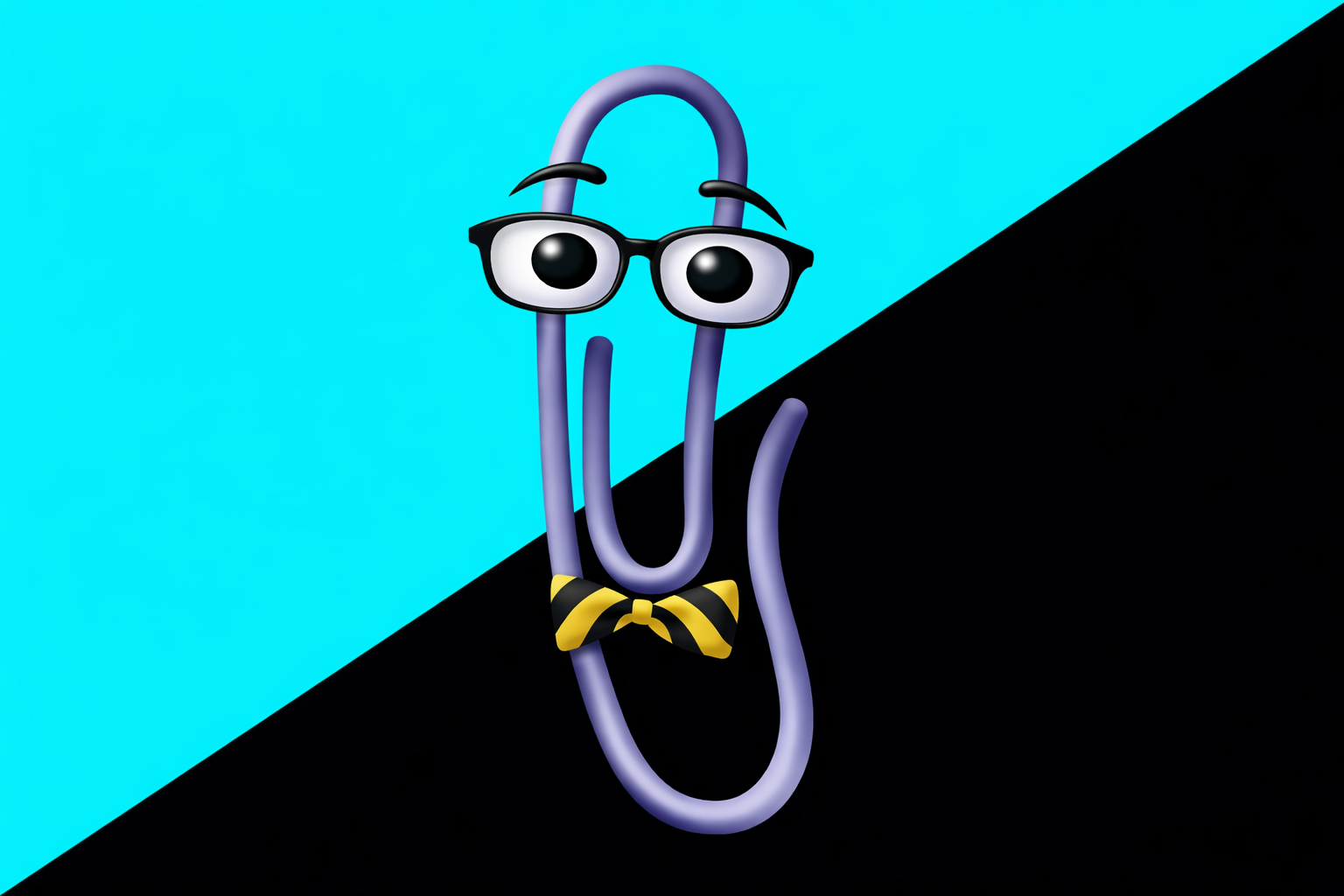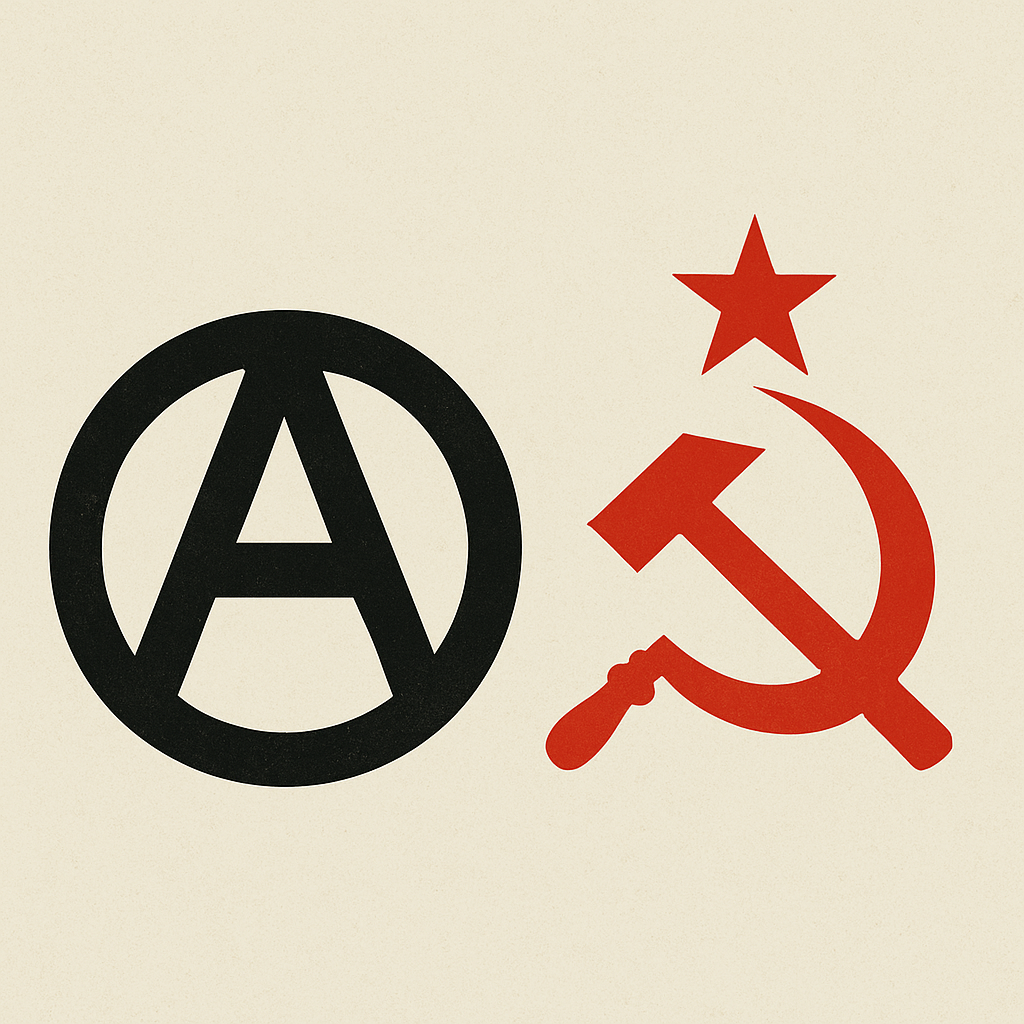Many people like to oppose anarcho-capitalism and communism as if they were two extremes. But when you push some of the internal logic of anarcho-capitalism—especially in its Hoppean or paleo-libertarian form—you start to see that it dangerously resembles a kind of decentralized communism.
Let’s start with classical liberals. They talk about a “limited state,” but they’re unable to concretely define what that means. Worse: many of them are totally fine with the state growing—as long as it’s justified by “security,” “morality,” or “efficiency.” The result? Their logic inevitably leads to socialism or communism, because every new law or regulation gives more power to the state.
Now let’s talk about capitalism. The term itself is a trap. It can mean the free market—based on voluntary exchange—or it can mean a parasitic statist structure layered over the economy: taxes, regulations, bans, subsidies, etc. It’s the second meaning that many people ignore or conflate, especially when they defend a kind of state-corporate “capitalism.”
In the anarcho-capitalist world, some—especially Hoppeans and paleo-libertarians—want to build “intentional communities” where certain behaviors are banned or shamed, not just as personal preference, but through collective social pressure: ostracism, shaming, rules at the gate. Basically, they want to recreate private mini-states, where the market is limited in the name of morality or tradition.
But if you block voluntary transactions just because they disgust you, you don’t actually believe in the market. You believe in social control. And if your community starts regulating human behavior like a state would, you’re not that different from a communist: you want to impose a lifestyle by eliminating choice.
The market is the only true community. It’s the only form of social cooperation that allows for peace, differences, and coexistence without violence. The moment you step away from that—whether in the name of Christian morality, cultural tradition, or personal taste—you’re entering the realm of collectivism.
That’s where the irony lies: the “paleo” ancaps, like classical liberals, end up recreating a form of communism—not through centralized planning, but through systematic exclusion of people who don’t live like them.
In the end, if you really want freedom, you have to accept the market—all of it. Even the parts that disgust you. Otherwise, you’re just a closeted communist.


Leave a Reply